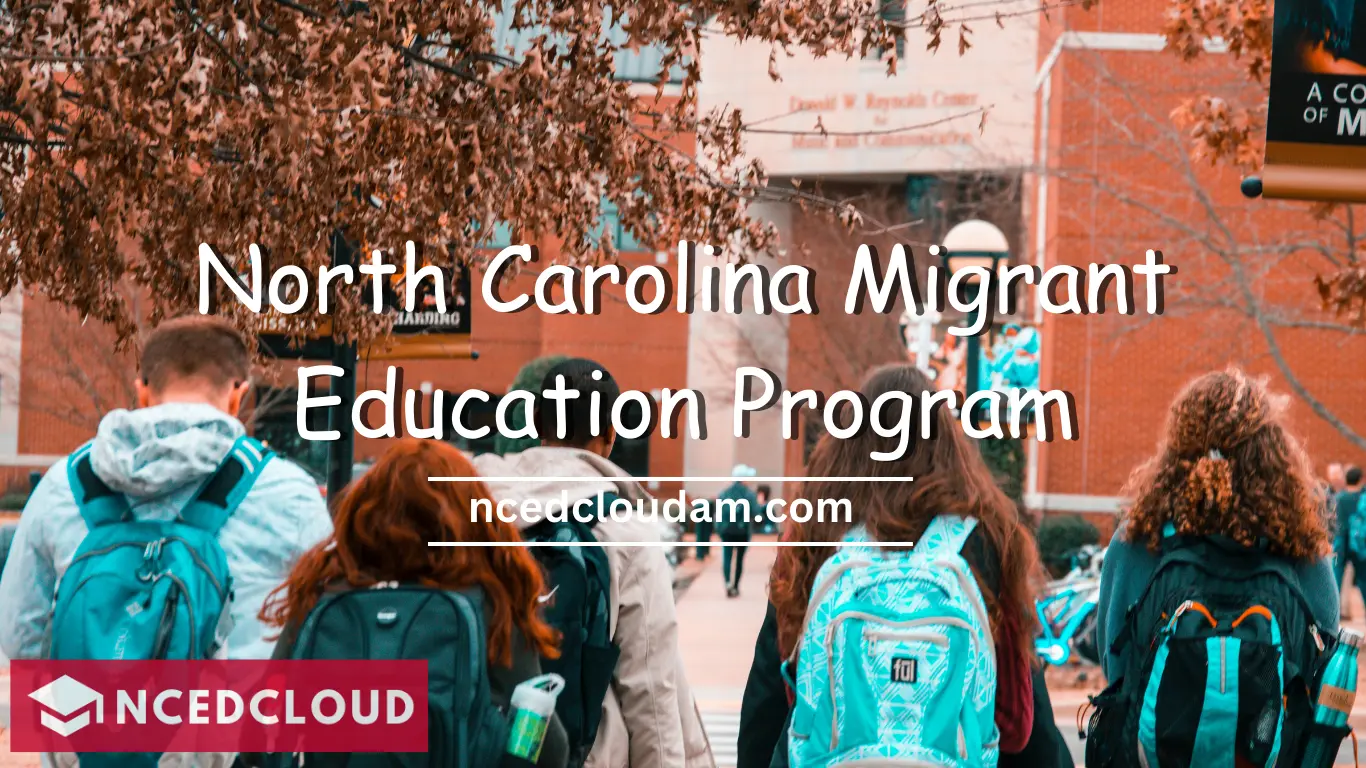North Carolina Migrant Education Program
In 1965, The Title 1 was firstly introduced to the ESEA (Elementary and Secondary Education Act) for foreign students to deal with hurdles (such as academic pressure, financial challenges, language barrier and accommodation) of getting higher education in North Carolina.
The NC state has given this new opportunity to international students to get a high-standard education as per the North Carolina migrant education program.
Read More About: Why is my password not working for ncedcloud
This federally fully funded program is for secondary and primary school education. At present, the North Carolina Education Program manages 31 Local Education Agencies in 32 counties.
Support for newly admitted students:
- Selecting international students for hiring.
- High Standard Education Support
- Complete guide for foreign families
- Co-operate with different states to increase knowledge of education for international students.
| Program | Migrant Education Program (Title I, Part C) |
| Population | From 3 to 21 Age |
| Services | Health, Education, Enrollment, Support |
| Funding | United States Department of Education |
| Authority | Department of Public Instruction (DPI) |
| Purpose | Academic Readiness |
North Carolina Migrant Education Program Requirements
The state program was mainly launched for children and youth who keep the following standards:
- The age should be three to twenty-one.
- Must be a secondary school student.
- During the last 36 months, the student should have moved to the school district.
- For at least 36 months, student guardians, parents, or spouses must be in the industry of agricultural production or fishing.
Once students are selected, the state program Recruiting Specialist interviews the certificate of eligibility (COE). After potential students are located, they are interviewed by a program recruiter, who will complete a Certificate of Eligibility (COE), the document that establishes a student’s eligibility for services.
Newly admitted students in the school year and who don’t meet the requirements for services. The state program staff arranges extensive training processes to meet students’ demands. Some services like learning, coaching, extra classes, and notes are offered to enhance student ability and support. Support will be provided for medical concerns like dental issues, injury, medical emergencies, etc.
Migrant Education Program Services:
- Educational help, like parents, helps with conceptual building and reading with children.
- Language-related query solutions
- Services to school and additional programs and help needed.







